A new exhibition has opened at the Mosaic Rooms in London that offers new perspectives on what it means to be a young artist living and contemplating politics and aesthetics in and from one of the most conflicted regions of the world, Palestine.
In the Shade of the Sun brings together artists who are forging new ways to think about and around Palestine. Working across mediums that include film, installation, music, and gaming, their individual practices incorporate radical politics, the absurd, and poetic and are connected in their shared vision of making work about the future in the crisis of the present.
The exhibition is part of The Mosaic Rooms 2023 program, which seeks to interrogate questions of active solidarity and to consider how the organization can continue to collaborate, host, and create sustainable support networks that enable critical and creative artistic practices. The four artists participating in the group exhibition are Mona Benyamin, Xaytun Ennasr, and Dina Mimi, as well as a sonic performance by Makimakkuk.
Tomorrow Again is a newly commissioned short film by Mona Benyamin, a visual artist and filmmaker based in Haifa, Palestine. The film cleverly recreates various daily scenes from everyday life in Palestine. The artist’s parents appear in the film, both as presenters and reportage subjects, resulting in a disconcerting loop where they are the subjects, spectators, and medium who both narrate and consume their own stories in an endless cycle of sadness and dismay. While at times unsettling to watch, the short film imagines Palestinians suspended through time in a continuous loop.
Mona’s work explores intergenerational outlooks on hope, trauma, and questions of identity, using humor and irony as political tools of resistance and reflection through appropriating formats from mass media. She raises questions about the value of authentic representation and the tension between truth and fiction.
Occupying the main hall, Revolution is a forest that the colonist can’t burn: is a multimedia installation by Xaytun Ennaser that celebrates trees as symbols of resistance and devotion. At its center is a large olive tree surrounded by a series of smaller fig trees and ceramic vessels. The olive tree is a symbol of peaceful resistance for the people of Palestine.
Mahmoud Darwish, the late Palestinian poet, often referenced the olive tree in his work. In his 1964 poetry collection “Leaves of the Olive Tree,” he wrote: “Olive is an evergreen tree; Olive will stay evergreen; Like a shield for the universe.” While the poem does not feature in the exhibition in any way, it illustrates just how significant the olive tree is for writers, poets, and artists from Palestine.
Through painting, ceramics, embroidery, and an interactive digital interface, trees are presented by Xaytun not as resources waiting to be extracted but as conscious beings that are loved and, in turn, love back. A deeply moving exhibit, the artist thoughtfully conveys what a revolutionary relationship with nature may look like.
Xaytun is a multidisciplinary artist and designer, and their work centers around Palestinian liberation, intersectional resistance movements, and revolutionary cultural production. They often use the vocabulary and aesthetics of science fiction, folklore, and radical softness as devices to depict a world beyond capitalism, colonialism, and patriarchy.

Downstairs, The Melancholy of This Useless Afternoon by Dina Mimi is the final installation in the exhibition. Through two video installations and a textile exhibit, her work investigates the practice of bird smuggling from Jordan to Palestine, and the ‘Twa-twa’ birds from China to Suriname — and eventually to the Netherlands. Her video also features dialogue between two friends, one who studies the hardship encountered by the Palestinian people and the other who experiences that hardship in daily life. While an interesting perspective to explore, there was a high degree of abstraction in the work that may be difficult for audiences to comprehend fully.
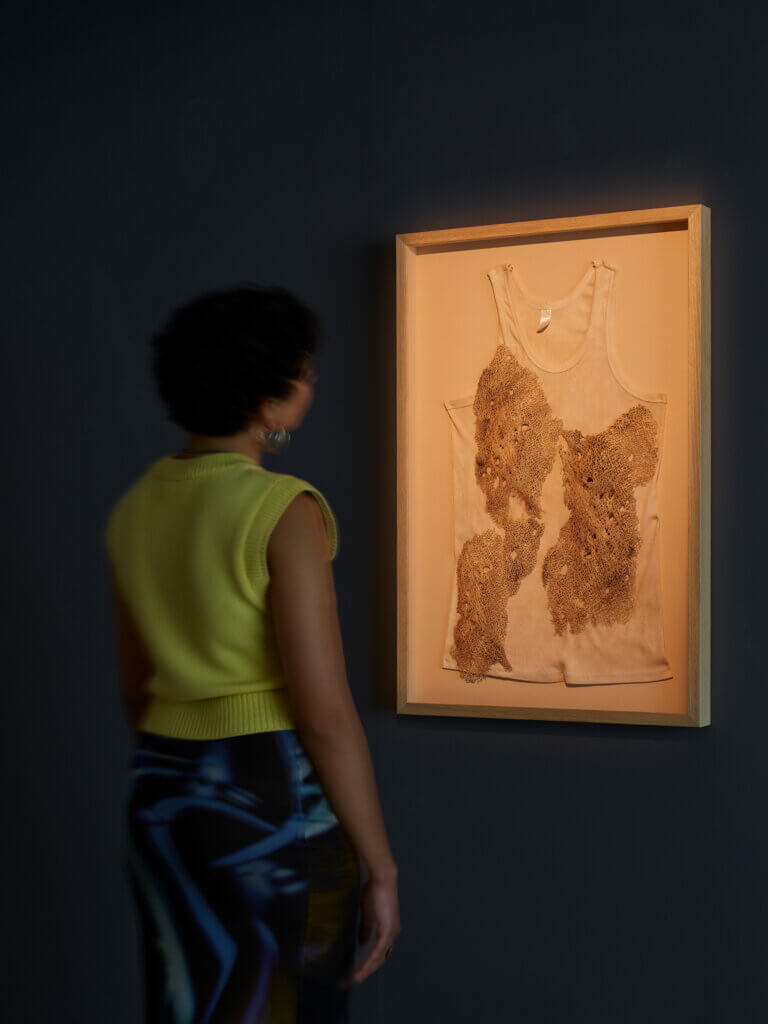
Dina Mimi is a visual artist and filmmaker who works and lives between Jerusalem and Amsterdam. Her practice is multifaceted and uses video, sound, performance, and text, wandering around grief.
Independent singer-songwriter, MC, DJ, and electronic musician Makimakkuk was due to perform a newly commissioned soundwork at the opening of the exhibition. However, visa complications resulted in her not being present to perform on the opening night.
Makimakkuk’s multi-layered work will sonically reflect on identity, colonization, war, love, and relationships, which will be in the form of electronic music, sound design, spoken word, rapping, and singing. Following the exhibition at Mosaic Rooms, she plans to embark on a UK tour.
This group of artists is brought together by Bilna’es (Arabic for “in the negative”), a disciplinary platform that seeks to find new models for artists to redistribute resources and support one another in the production and circulation of work. The exhibition had been co-curated by Rachael Jarvis, Head Curator of The Mosaic Rooms, and Independent researcher and curator Adam HajYahia, whom Bilna’es specially invited to co-curate the exhibition’s accompanying public program.

In March of this year, an exhibition at a London hospital was taken down following complaints made by patients at the hospital. The exhibition was comprised of ceramic plates made and designed by schoolchildren from the UK and Gaza as part of a collaborative project. In June of this year, a display of artworks by Resolve Collective at The Curve gallery in London’s Barbican Centre were taken down over a censorship row after Barbican staff asked a speaker to avoid the topic of “free Palestine” at a talk.
Rachel Jarvis, Head Curator at The Mosaic Rooms, acknowledged the challenges of mounting exhibitions such as In the Shade of the Sun: “We at Mosaic Rooms seek to provide a platform for talented artists.”
A deeply thought-provoking exhibition, In the Shade of the Sun invites audiences to imagine the absurdity of the existence of being young, bright, and Palestinian yet being subject to hostile censorship at home and increasingly abroad in countries that pride themselves on freedom of expression.
Farida Ali
Farida R. Ali is a London-based art and literary critic writing on the Middle East and South Asia.

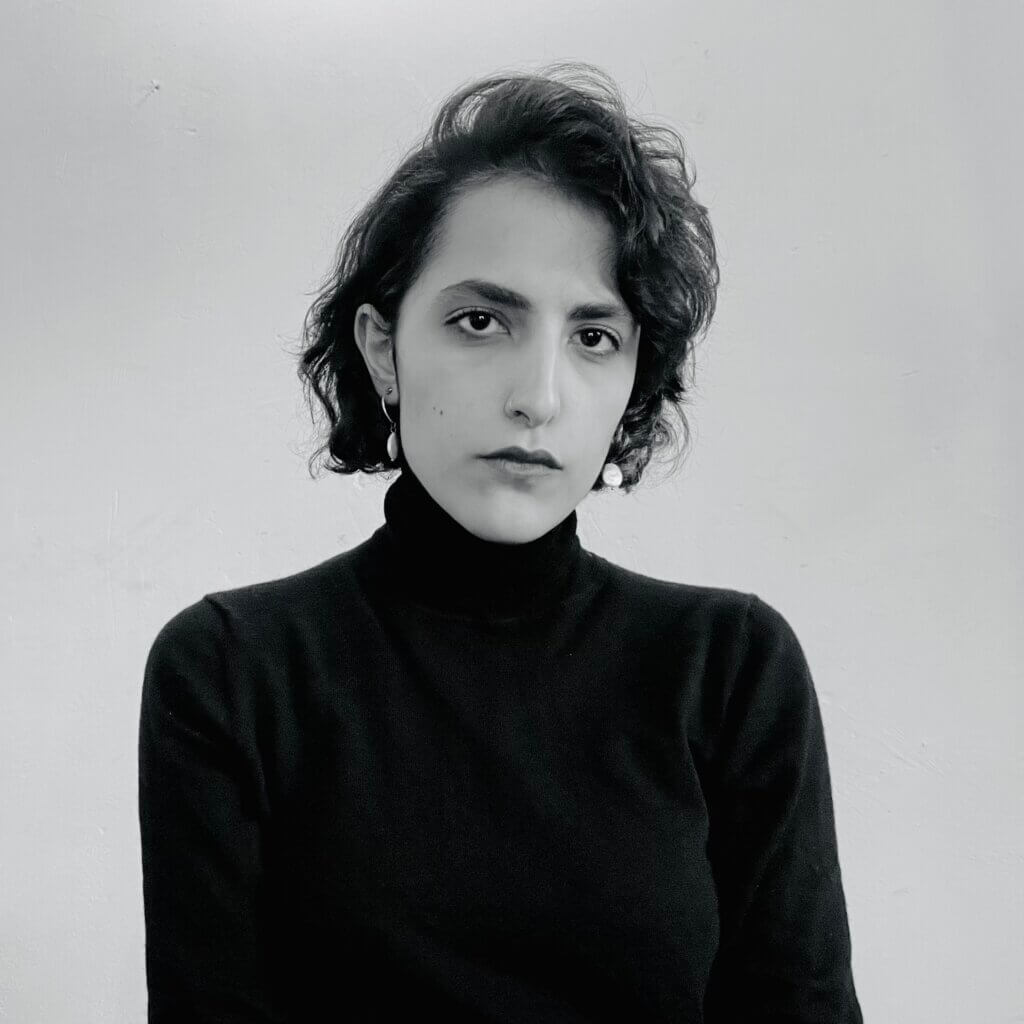
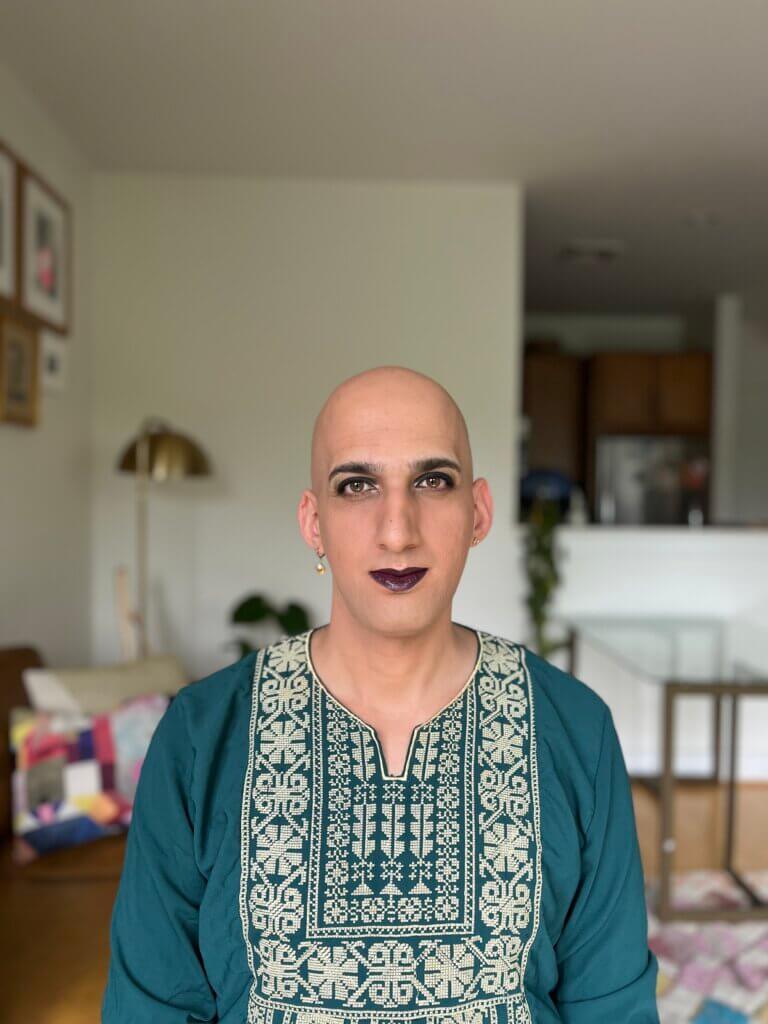
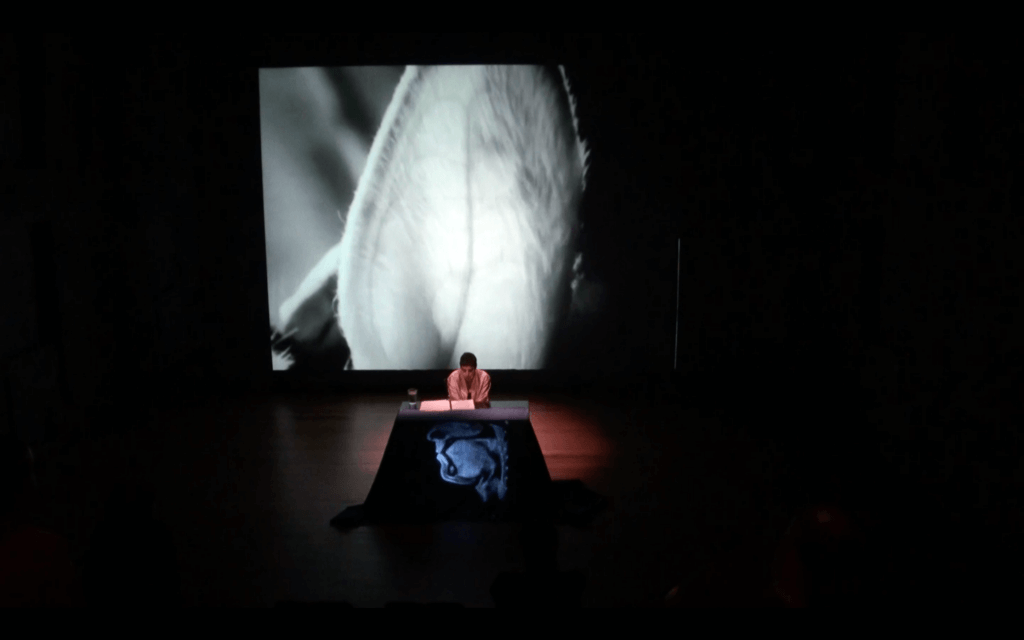
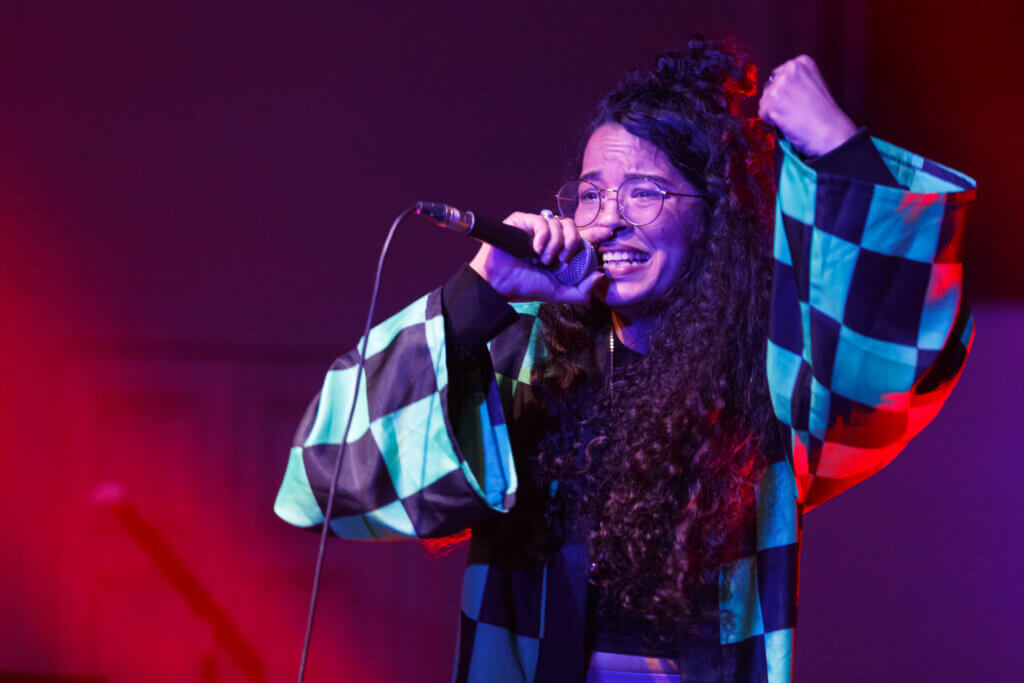
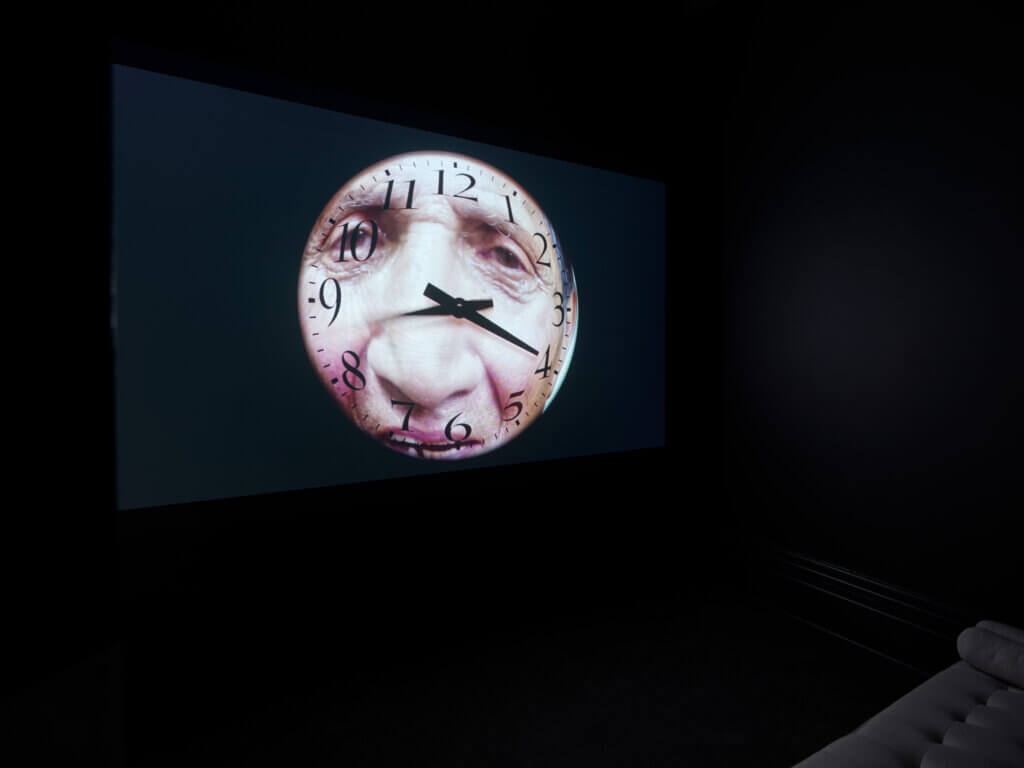
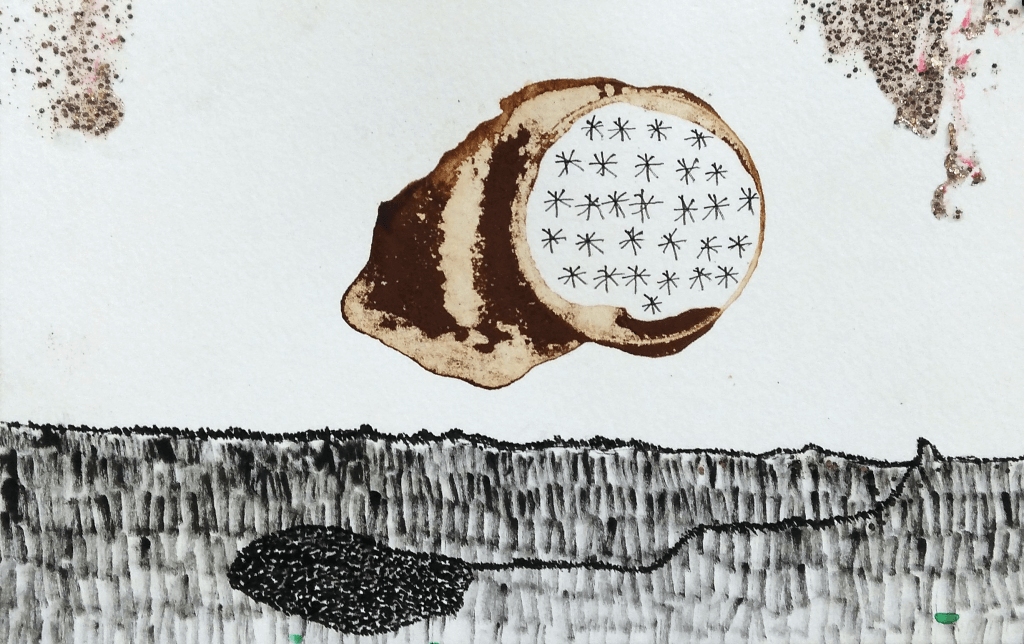

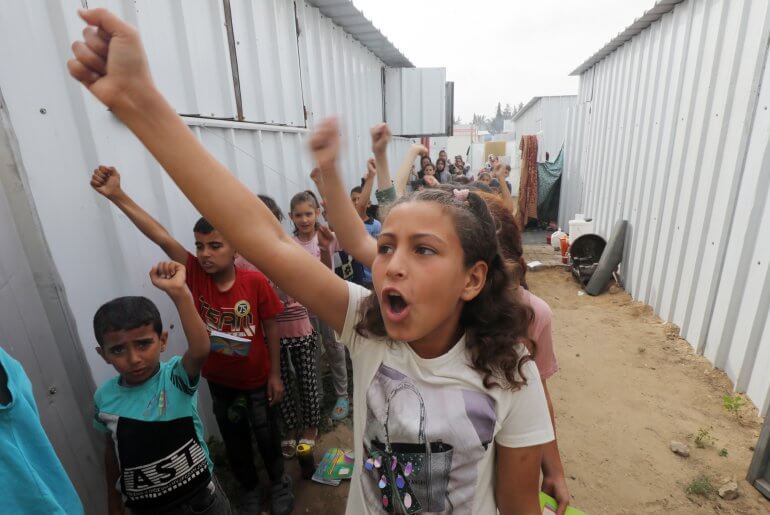
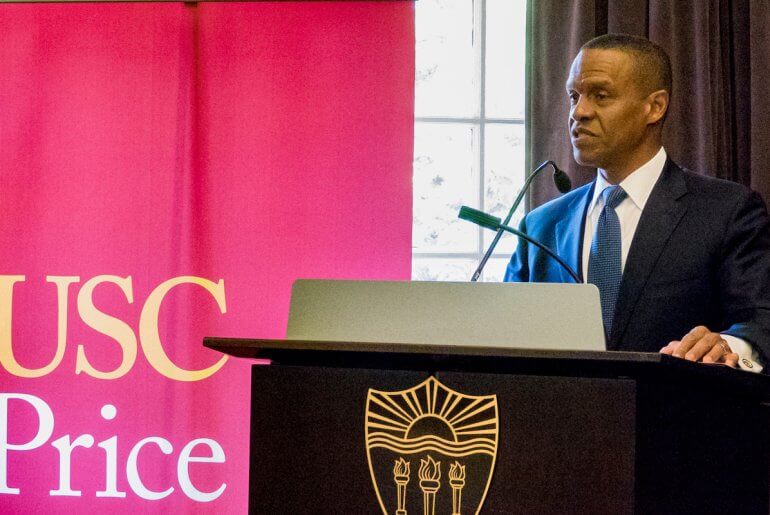
“In March of this year, an exhibition at a London hospital was taken down following complaints made by patients at the hospital.”
FOI reveals hospital that took down Gaza kids’ art had received zero patient complaints
Chelsea and Westminster Hospital removed display of plates painted by children in occupied Palestine after complaint by pro-Israel lobby group – but contrary to initial claims, no patients had complained and no minutes of the discussion about the decision were supposedly keptIn February, Chelsea and Westminster Hospital in London removed a display of plates painted by Palestinian children showing ordinary scenes in Gaza – supposedly because it had made Jewish patients feel ‘vulnerable, harassed and victimised’.
https://skwawkbox.org/2023/06/15/foi-reveals-hospital-that-took-down-gaza-kids-art-had-received-zero-patient-complaints/